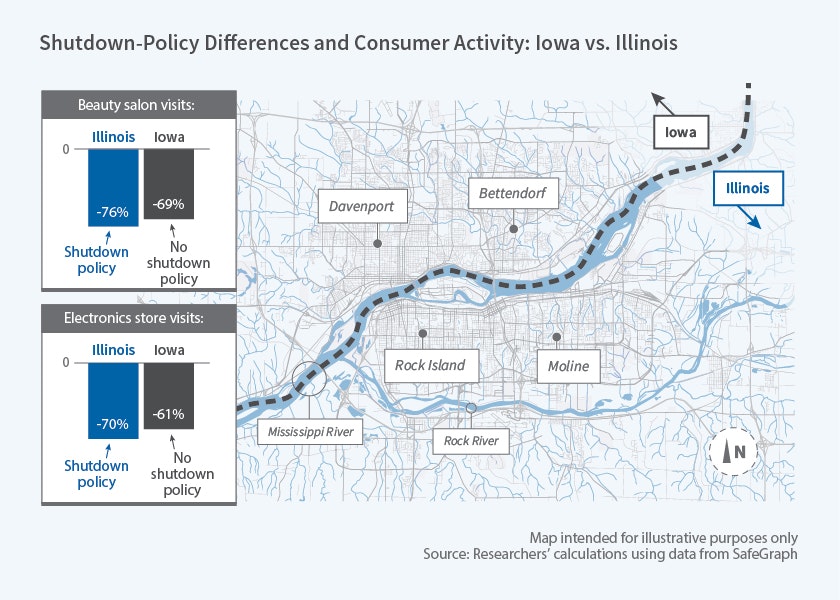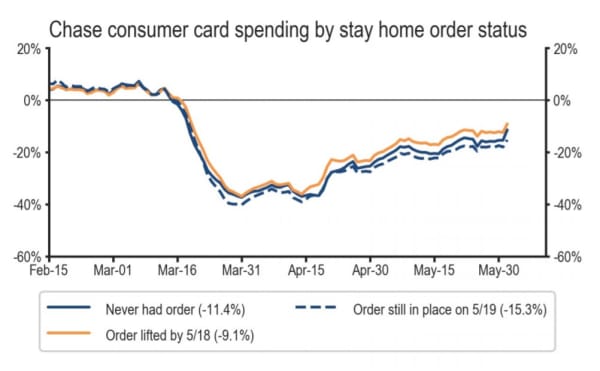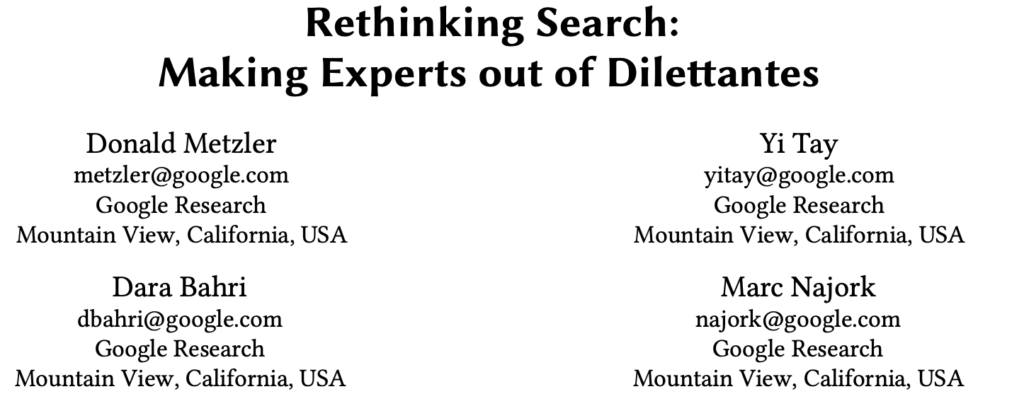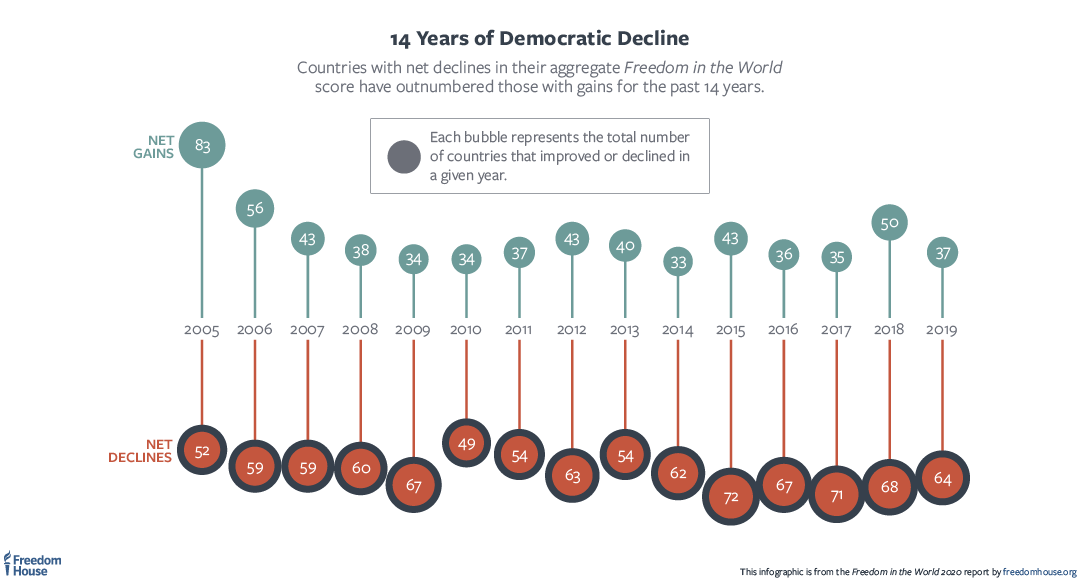Quote of the Day
”Hype works on the theory that Americans will put their money where the noise is.”
- Russell Baker
Remind you of anyone? Elon Musk and cryptocurrency, perhaps?
Musical alternative to the morning’s radio news
Mozart | Serenata Notturna K.239
Long Read of the Day
Not only do lockdowns work but…
Guess what? They don’t cause anything like as much economic damage as people (and governments) assumed.
Unmissable post by Noah Smith about what lockdowns (which did have an impact on suppressing the virus) did to the economy.
Most people make the natural assumption that lockdown hurts the economy — if you ban people from going out to restaurants, that stops people from spending money on restaurants, right? Obviously. Many economists made this assumption when they tried to model pandemic policy. In fact, some people go so far as to blame all the economic costs of the pandemic on lockdowns.
If you think something seems fishy about that claim, you’re right. The fact is, even without lockdowns, plenty of people will avoid restaurants and other crowded spaces during a pandemic simply out of fear of catching the virus. And that will hurt the economy.
And lo and behold, when we look at evidence, we find that lockdowns accounted for only a small percent of the economic slowdown. For example, economists Austan Goolsbee and Chad Syverson looked at the state border between Illinois and Iowa. On the Illinois side, the towns issued stay-at-home orders, whereas on the Iowa side they did not. And guess what — economic activity fell almost as much on the Iowa side as on the Illinois side!
Same story elsewhere. Take Sweden and Denmark. Denmark locked down and saw its economic activity decline by 29%; Sweden chose not to lock down, and saw its economic activity decline by 25%.
The obvious inference, says Smith, “is that the biggest economic destroyer by far was not government policy; it was fear of COVID”.
In the US, credit and debit card returns suggest that states that didn’t issue stay-at-home orders in the spring of 2020 saw just about the same amount of economic devastation as states that did issue those orders.
There’s lots more evidence in the post — so it’s really worth reading in full. But the inescapable inference is we failed to understand the causal mechanism at work. It’s fear of the virus that was the big economic killer. And if fear is proportional to actual infection rates, then by suppressing the virus, lockdowns reduced fear.
As an example of the value and importance of the blogosphere, this is hard to beat.
Where Search goes next
This is the most interesting paper I’ve come across in ages. It’s written by a group of Google researchers and sets out some ideas for how Internet search could become much more sophisticated and useful. Although current search engines, particularly Google, seem impressive enough to serve as a kind of memory prosthesis for humanity, in fact they’re pretty primitive. You type in a search phrase and they return a list of pages, ranked by an opaque set of criteria. In essence, they’re dilettantes, epistemologically speaking — providing a list of references to sources — none of which they understand but which are hopefully relevant in some way to your query.
But what you’d really like is the kind of answer that you would get from a human who is an expert on the subject area of your inquiry. This new paper examines how ideas from classical information retrieval and large pre-trained language models like GPT-3 can be synthesised and evolved into systems that truly deliver something approximating to an expert answer to a question.
In effect, it’s setting out a remarkably ambitious research and engineering development agenda. What’s striking (and what I like) about it is how intellectually bold it is. Its goal is not Search 2.0 but Search 8.0.
It’s the kind of proposal that Sir Humphrey in Yes, Minister would have described as “courageous”, i.e. foolhardy and impracticable. But then the British civil service didn’t have the resources of Google!
What Joe Biden is really like to work for
TL;DR summary of this NYT ‘insiders’ piece is that beneath the President’s folksy demeanour there’s a short fuse and an obsession with detail. But if you like this kind of behind-the-scenes stuff, it’s an enjoyable picture of a relatively normal administration at work.
This blog is also available as a daily email. If you think this might suit you better, why not subscribe? One email a day, Monday through Friday, delivered to your inbox at 7am UK time. It’s free, and there’s a one-click unsubscribe if you decide that your inbox is full enough already!





